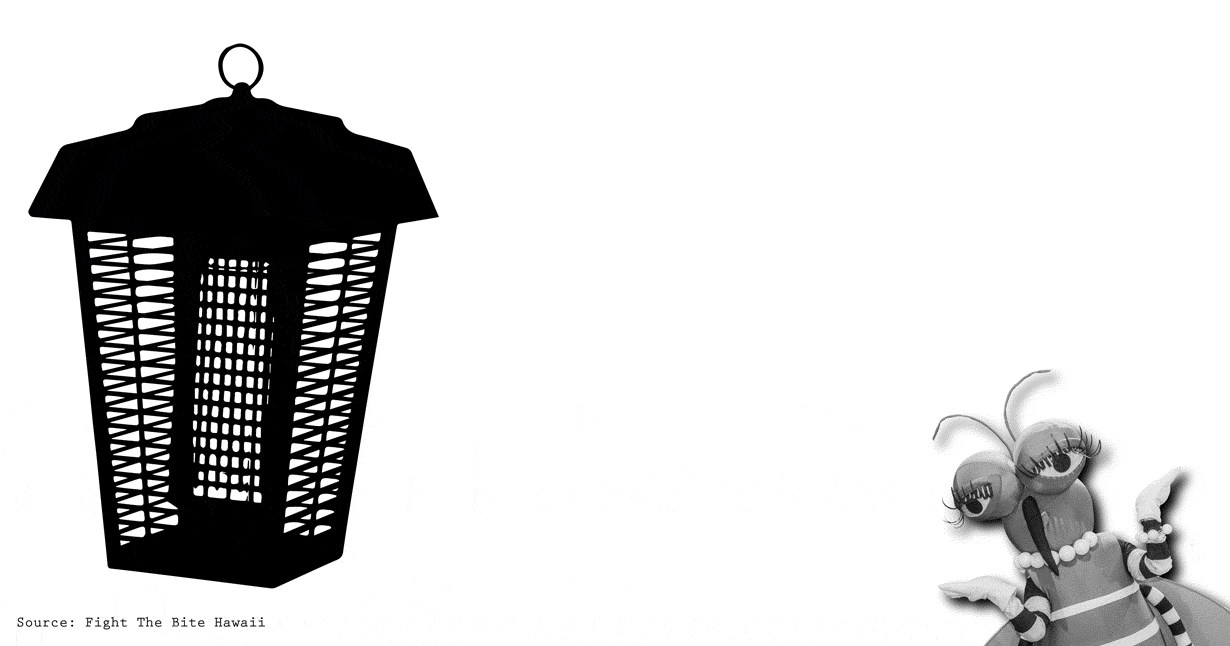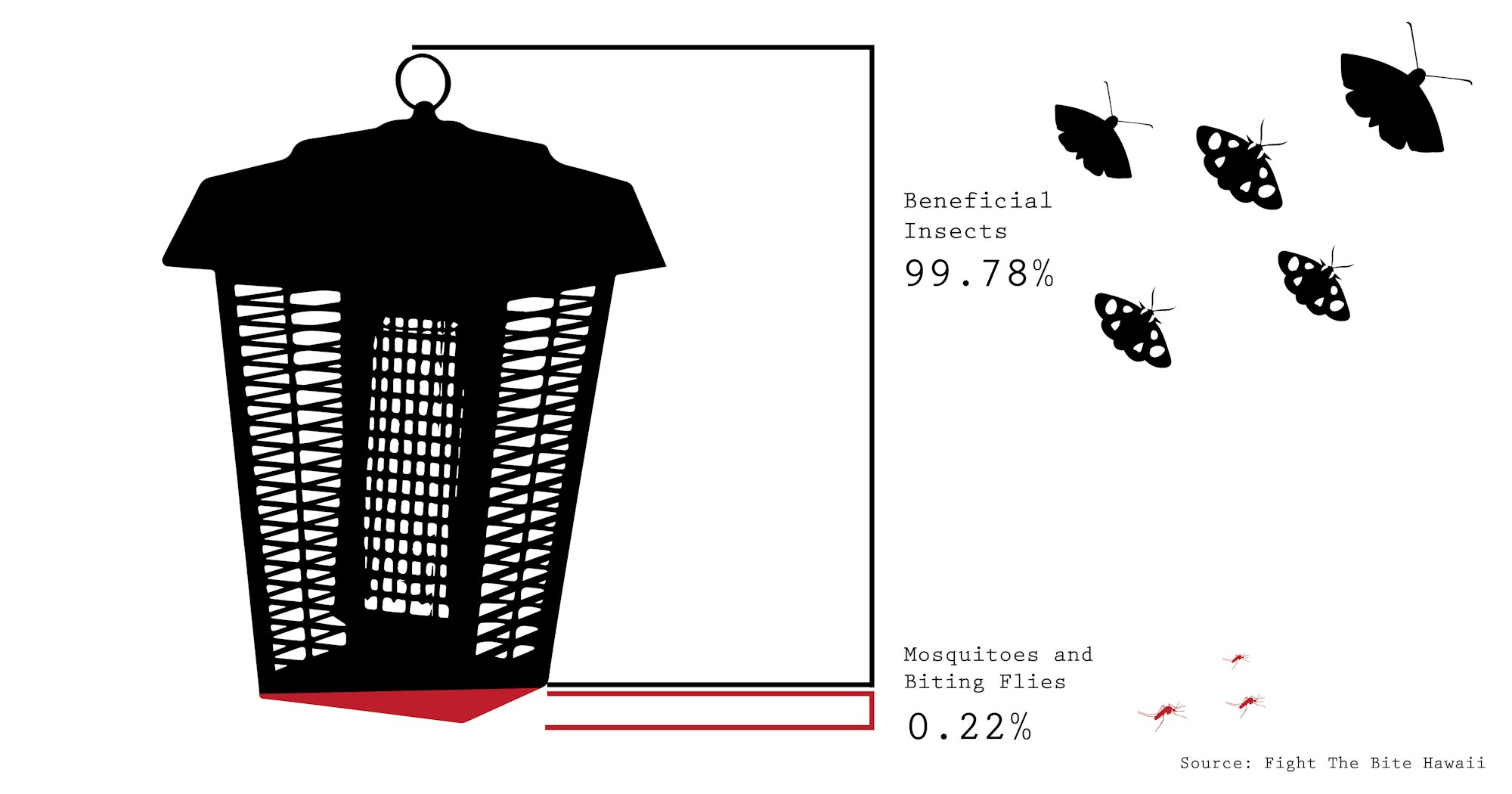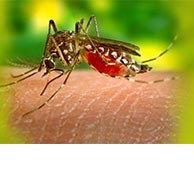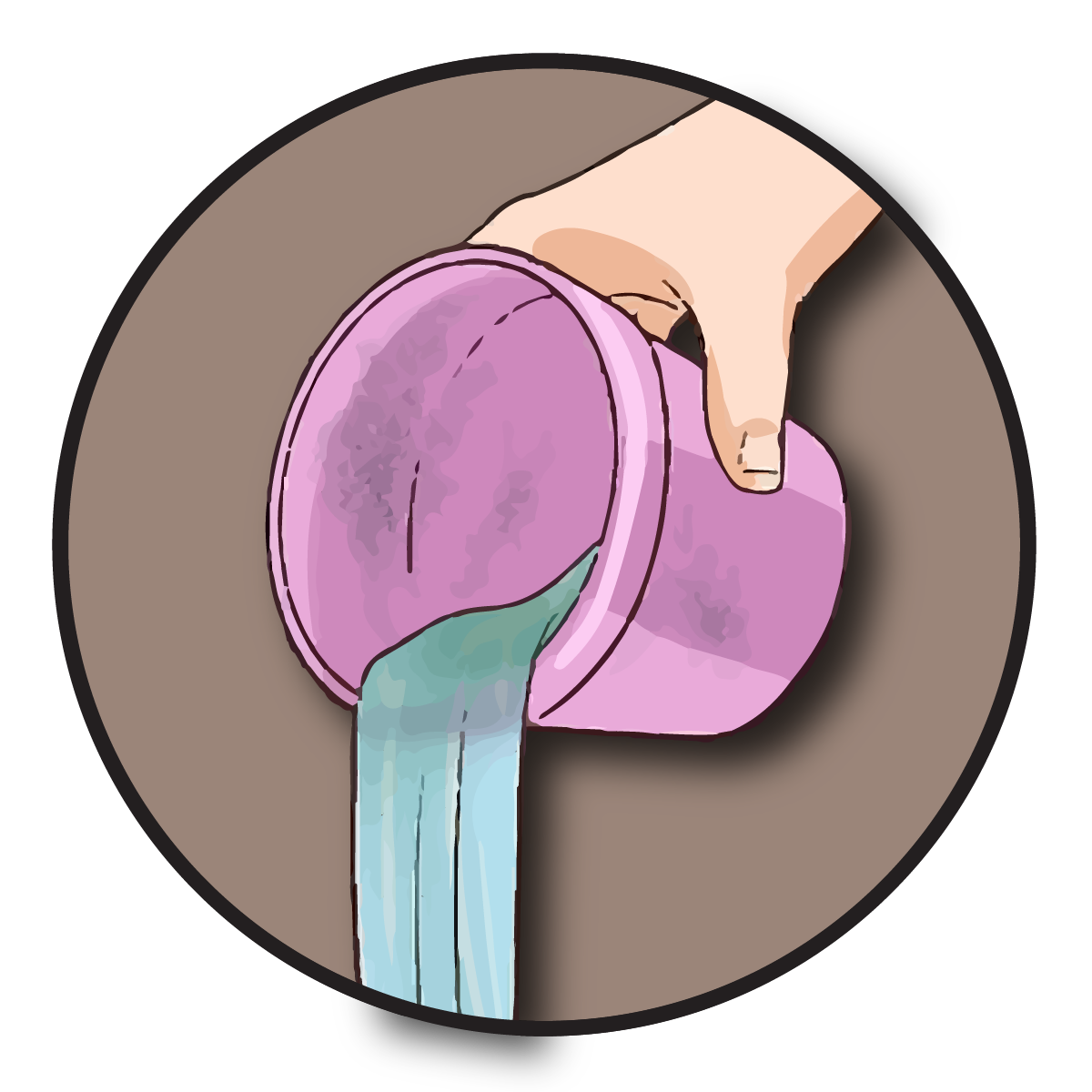Are Bug Zappers Really Effective Against Mosquitoes? The Answer May Surprise You

Bug zappers primarily kill beneficial insects, not mosquitoes!

Mục Lục
Effectiveness Against Mosquitoes
To investigate the effectiveness of bug zappers on mosquitoes, the Department of Entomology and Applied Ecology at the University of Delaware spent 10 weeks analyzing bug zappers. Altogether, over 13,000 insects were zapped and collected.
Results:
Out of 13,000 zapped insects, less than 0.25% were mosquitoes 🦟
Out of 13,000 zapped insects, over 99.75% were beneficial insects (not mosquitoes!) 🐜
Read the full study here

Killing the Wrong Bugs
Based on the study’s results, bug zappers are killing beneficial insects like beetles and moths, which can result in negative effects on local ecosystems.
Experts and studies from Colorado State University Extension and the American Mosquito Control Association concluded that bug zappers are not effective at controlling biting mosquitoes.
Experts cited in an article from the Wirecutter also concluded that bug zappers have the unintended consequence of killing beneficial insects.
Why Aren’t Mosquitoes Attracted to Bug Zappers?

Female mosquitoes (the mosquitoes who bite us) are hardwired to sense the attractive signals that our bodies emit. They do not care about zapper lights.
When we exhale, we emit CO2, which a female mosquito can detect from far away. As she flies closer, our naturally occuring body-odor-chemistry helps her confirm that we are a source of blood. (source: United States Health and Human Services’ National Institute of Health)
Unfortunately, bug zappers don’t do the same things humans can– which is why mosquitoes aren’t attracted to them!


Best Ways Stop Mosquitoes from Biting
Turns out, carbon dioxide and body odor chemistry are elements we can’t control. But luckily, there are a handful of voluntary actions that we can do to lower mosquito presence.
- Mosquitoes need 7 days of stagnant water to grow. Tip and Toss standing water or containers that capture mosquito-breeding water around your home!
- They hide in shady, dense plants. Does sunlight and wind flow through your yard’s vegetation? If not, then you might want to consider trimming back on the unwelcomed mosquito hotel in your backyard.
- Wear repellent. Pick one of the four ingredients: Picaridin, Oil of Lemon Eucalyptus, IR3535, or DEET
Learn more
December 2020















![Toni Kroos là ai? [ sự thật về tiểu sử đầy đủ Toni Kroos ]](https://evbn.org/wp-content/uploads/New-Project-6635-1671934592.jpg)


